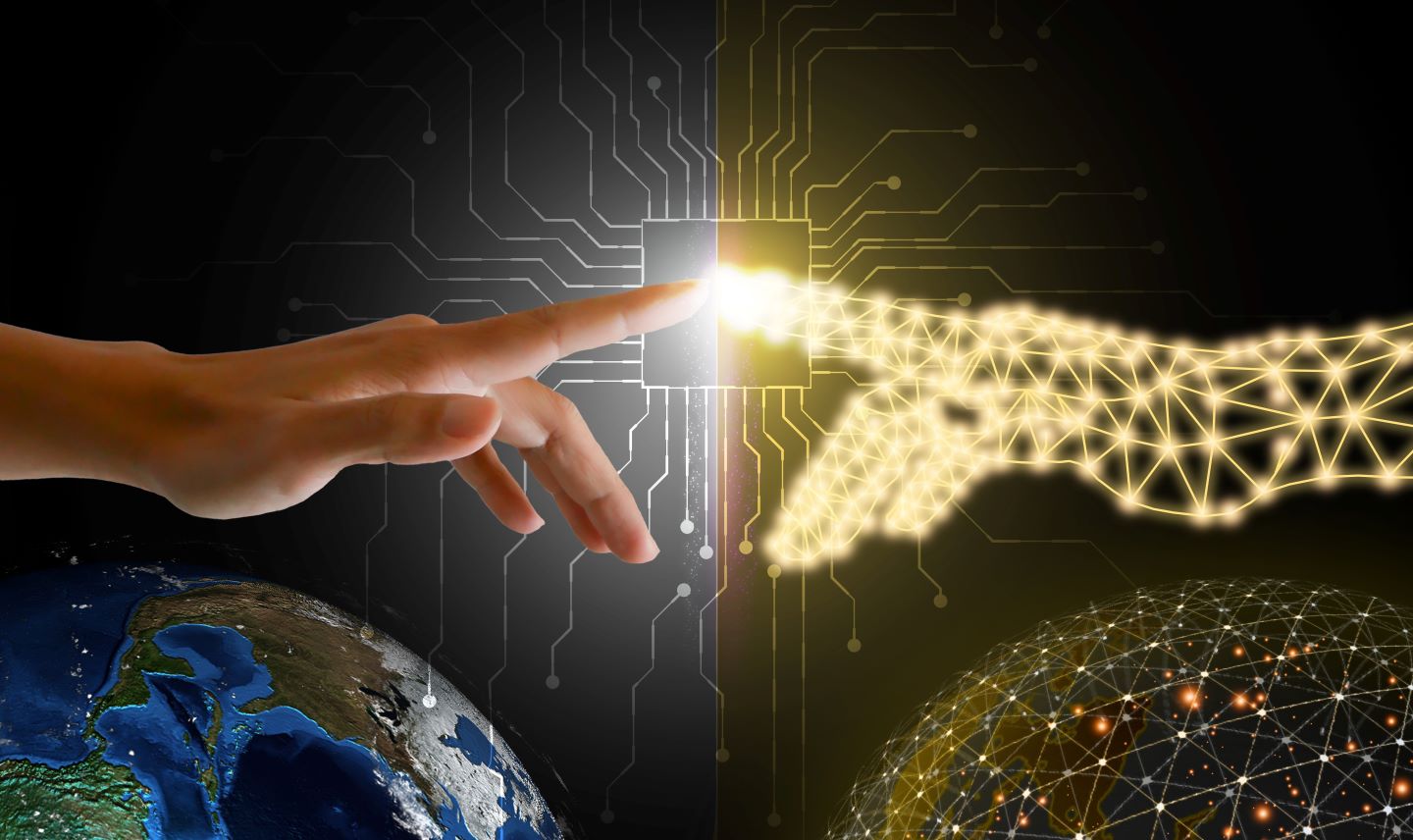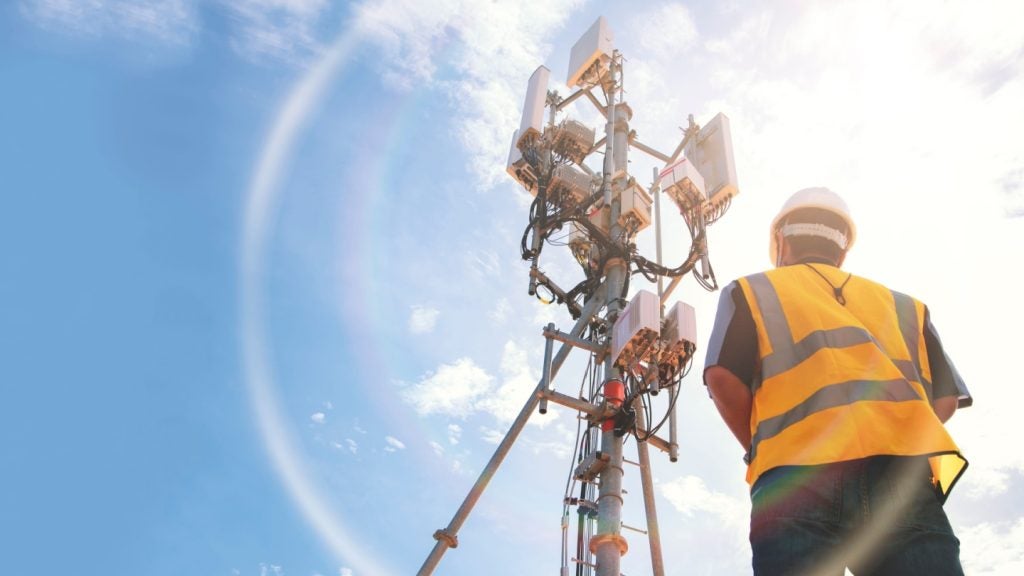
The metaverse is undergoing a winter following the decline in its hype in 2021 and 2022. However, the theme is far from dead, and the winter offers time for companies to refine their concepts and strategies for growth in the future. To get there, the companies must invest in digital identity, defined as a collection of online information about a person, an organisation, or a machine, which, when grouped, can provide a digital representation of that entity. In the metaverse, digital identities are non-negotiable. It is the backbone for security, personalisation, and fluidic interactions.
Digital identities in the metaverse are a critical area of focus
Identity authentication is essential for a successful metaverse. However, it has not received the attention it deserves. This will change as and when everyday activities—such as attending an event or a work meeting—transfer to the virtual world. Proving that someone is who they say they are in the metaverse will be fundamental. A detailed conversation about the metaverse and how people will forge their digital identity in it is a necessity.
Mariona Campmany, former digital identity and innovation lead at Mitek Systems, has suggested identity in the metaverse should be considered almost like a genetic code that confirms biological identity. The idea is that people can move through different environments within the metaverse using a full-fledged alter ego. However, achieving that requires a strong and unalterable record of identifying information. One way of achieving that may be through technologies like blockchain and non-fungible tokens (NFTs).
The key advantage of using digital identity in the metaverse is fluidity
In the future, blockchain and NFTs may allow established identities to move freely between immersive virtual worlds. Such fluidity would be one of the main advantages of using digital identity as an asset in the metaverse. However, freedom of movement in a virtual environment may be challenged by social media platforms that prefer to impose their closed-loop worlds with data, behaviour, and membership control.
In a more interoperable open version of the metaverse that allows people to use identity and its assets freely, in different environments, and for different purposes, NFTs may become an identity enabler. However, using an autonomous and portable identity based on blockchain would break with the established routine of handing over personal data to centralised organisations.
Digital identity verification processes must cover the entire user journey through the metaverse
Avatar onboarding, re-verification, and continuous surveillance will ensure that users are who they say they are in every virtual location. When someone does something as an avatar, an identity check should be done in the background. Campmany has argued that, in the future, we will move between different virtual environments in the same way that we move between countries when travelling, and we will have to form a digital identity that we can take everywhere.
How well do you really know your competitors?
Access the most comprehensive Company Profiles on the market, powered by GlobalData. Save hours of research. Gain competitive edge.

Thank you!
Your download email will arrive shortly
Not ready to buy yet? Download a free sample
We are confident about the unique quality of our Company Profiles. However, we want you to make the most beneficial decision for your business, so we offer a free sample that you can download by submitting the below form
By GlobalDataDigital identities will fuel addressing identity concerns and enhancing metaverse experiences
The growing acceptance of digital identity will support a focus on identity concerns and developments in the metaverse. This will continue to drive interest in digital identity and related technologies, such as self-sovereign identity, alongside enabling technologies such as blockchain and NFTs. Verified identities will build trust, ensuring user safety, personalising experiences, and delivering rock-solid social interactions. In the metaverse, digital identities are not just a choice, but rather a way to unlock a dynamic and secure virtual world.







Related Company Profiles
Mitek Systems Inc